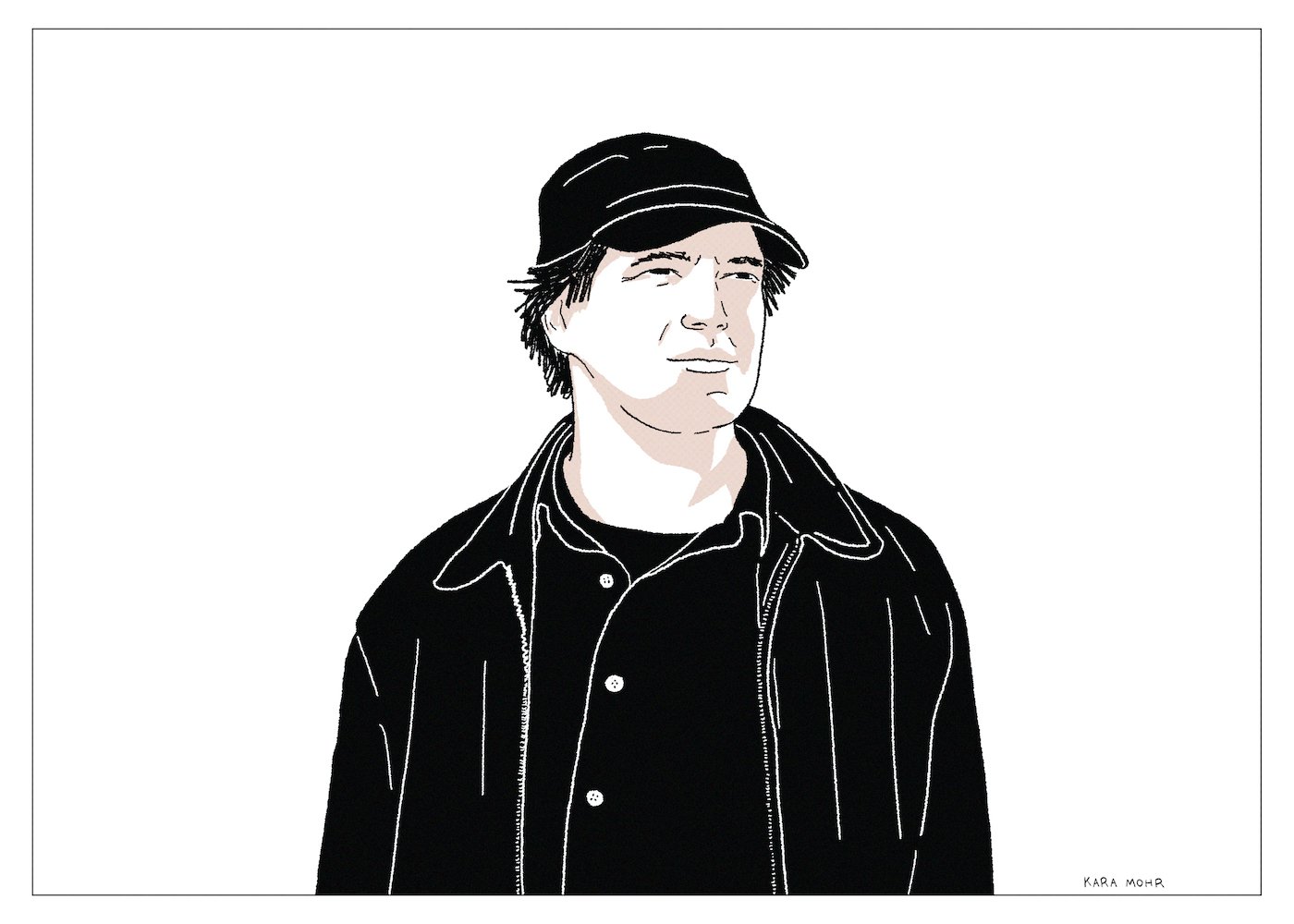
Richard Lloyd “The Radiant Monkey”
Following their unexpected reunion in 1992, Richard Lloyd and Tom Verlaine maintained a polite working relationship born from financial necessity and creative compatibility. The fallout from the first Television breakup had cost Lloyd a good deal of his commercial prime. The sequel, meanwhile, was a long, sputtering, part time concern. Lloyd made a small splash in 1991 for his appearance on Matthew Sweet’s “Girlfriend.” In 2001 he quietly released his first album in more than a decade. But, by 2007, he’d had enough. He’d had enough of waiting to make another Television record. He’d had enough of Tom being Tom. And so Lloyd finally resolved that—no matter how much he admired Tom Verlaine as an artist or even as a friend—he did not want him as a boss any more. Thirty-four years after he first joined the band and thirty-two years after he first quit the band and twenty-nine years after Verlaine broke up the band, Richard Lloyd quit Television and released “The Radiant Monkey,” his fifth solo album.
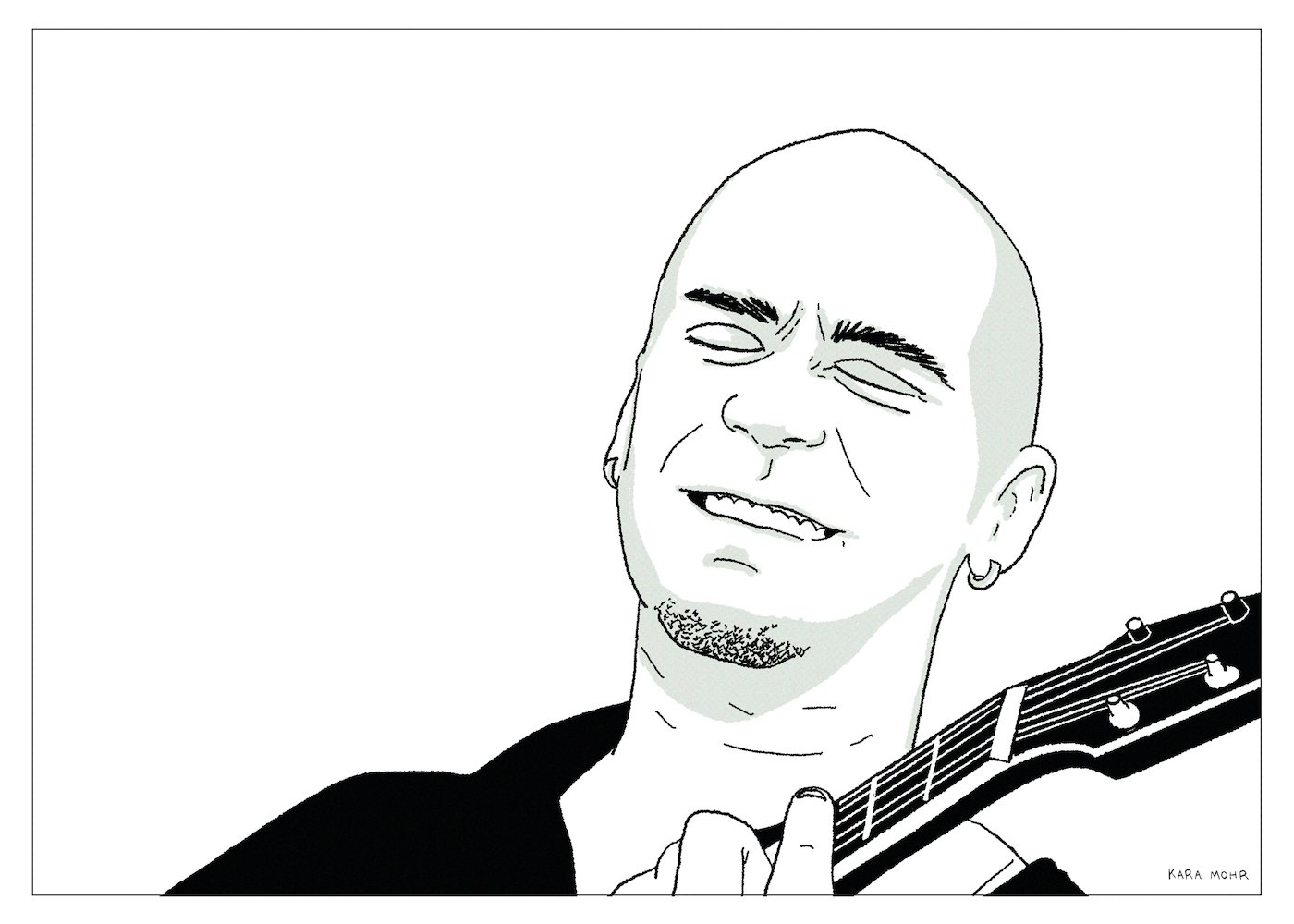
Ed Kowalczyk “The Flood and The Mercy”
Today, Live is Ed Kowalczyk plus paid studio and touring musicians. Ed’s childhood friends—Patrick and the two Chads—were relieved of their duties after years of lawsuits, countersuits and shady dealings with a shady con man. Meanwhile, Kowalczyk, now a fifty-something, rat-tail-less, father of four, charms fans on Totally Nineties tours and delights deejays on retro adult radio formats. But in between “Alive,” Ed’s confusingly named solo debut, and his return to Live, he put out another solo album—a commercial failure and a critical “nope.” Middle-aged me had zero interest in this record. But seventeen year old me—the me who was still a work in progress, who was so open to new things and who’d convinced himself that Live were cool and deep and important—felt otherwise.
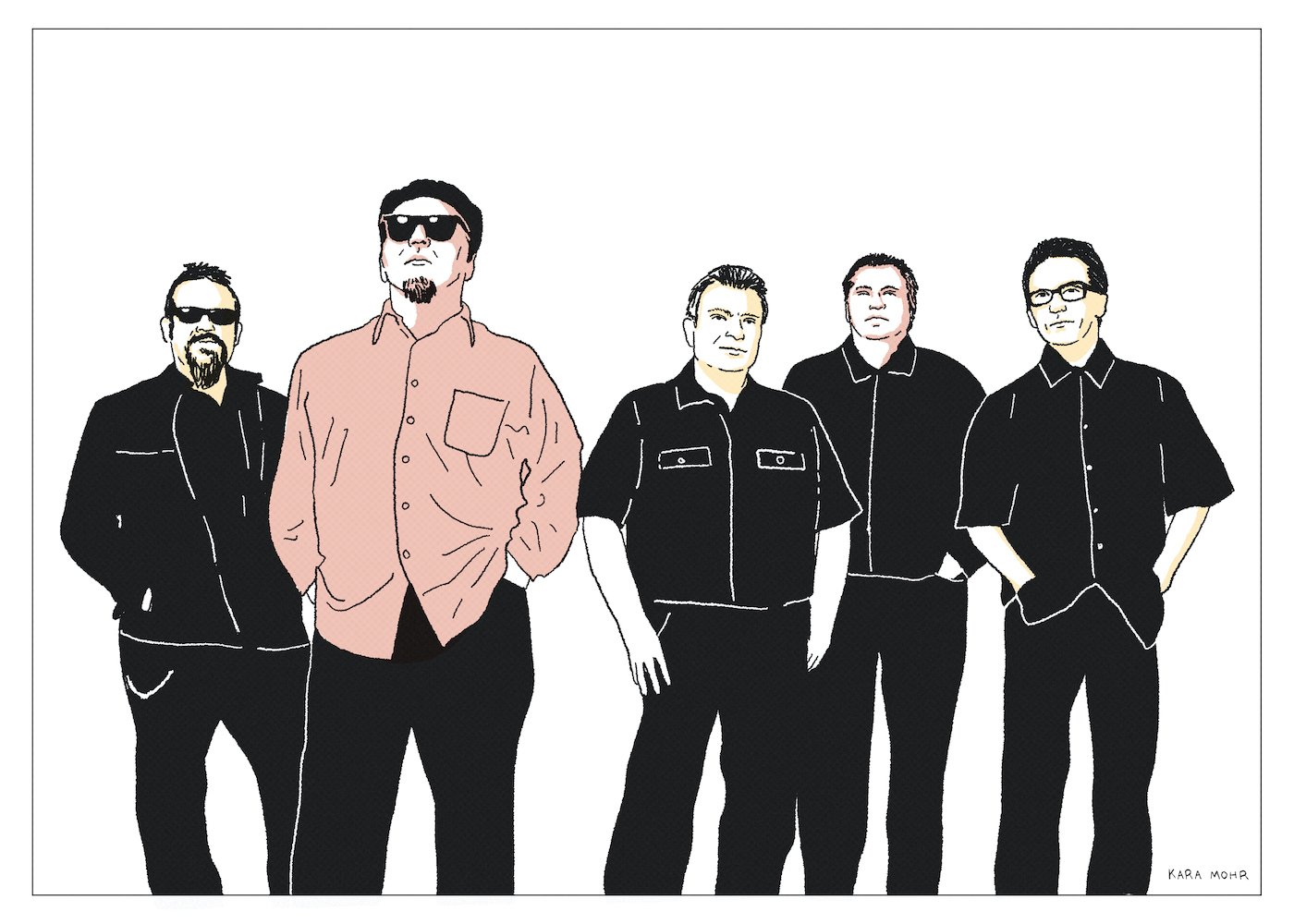
Los Lobos “Native Sons”
Over the course of nearly fifty years and seventeen studio albums, Los Lobos have been many things. A wedding band. A Rock band. A Folk band. A Punk band. They’re omnivores — multi-instrumentalists, songwriters, radical interpreters and loyal cover artists. Their influences are as diverse as their influence — members of the band have appeared on records from pretty much every legend who's passed through Los Angeles since 1980. From Bob Dylan to Eric Clapton and from Dolly Parton to Bonnie Raitt. Like their hometown, Los Lobos are diffuse. And like their hometown, they are Mexican. Which is why, more than anything, Los Lobos are underestimated. Pop music comes in many forms, but it gravitates to the specific and the English. Meanwhile, Los Lobos’ greatness lies in the fact that they are almost the complete opposite of those things.
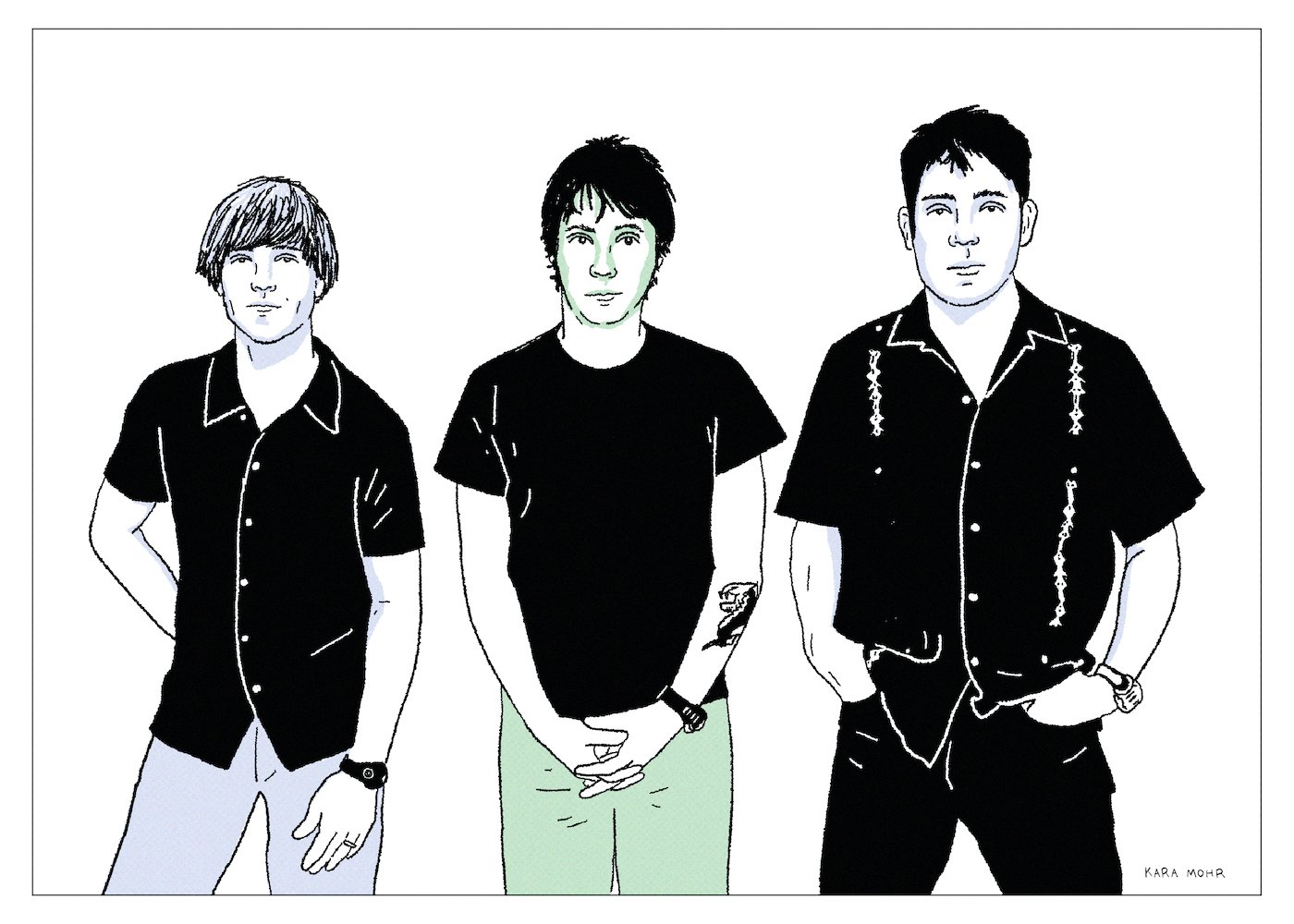
Fastball “Little White Lies”
Nada Surf, Superdrag, Fountains of Wayne, Harvey Danger, Semisonic. There is a cohort of Modern Rock bands from the Nineties who made off-kilter Power Pop and who became briefly, somewhat famous. But Fastball was different in that (a) they were more than just somewhat famous and (b) when they faded, they plummeted. Moreover, unlike their peers, Fastball was not retrospectively considered under-appreciated. In fact, they were hardly reconsidered at all. Fastball never had a second act as prestige artists on an Indie label. Never had a third act as songwriters to the stars. They just — and just barely — kept going, writing great songs and making very good albums.
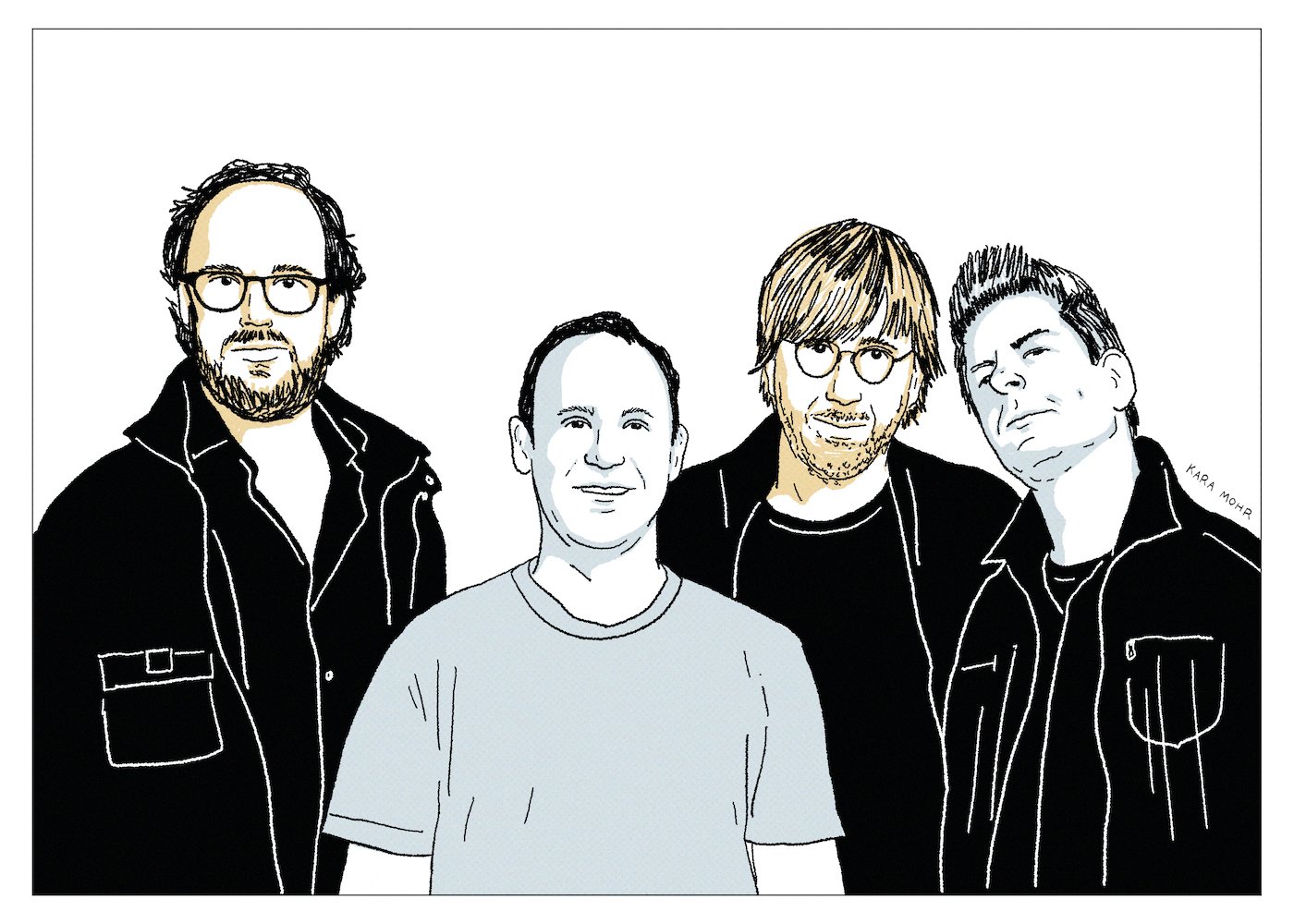
Phish “Fuego”
I have a Phish problem. Or at least, for the last thirty years I’ve told myself that I have a Phish problem. This problem is in spite of my adoration for the state of Vermont. In spite of my having seen Phish perform live multiple times. In spite of being occasionally, but earnestly, wowed by the wizardry of their jams. In spite of my appreciation for their business acumen. In spite of my loving their Ben & Jerry’s flavor. Yes — in spite of all of it — I don’t abide. Which, for most people, would not be such a problem. But, as a Vermonter at heart, I am left with this unrelenting pull between my Yes-Vermont soul and my No-Phish conscience. It is a battle that, until recently, I had ignored. But it was a battle that I knew — someday, somehow — I’d need to resolve.
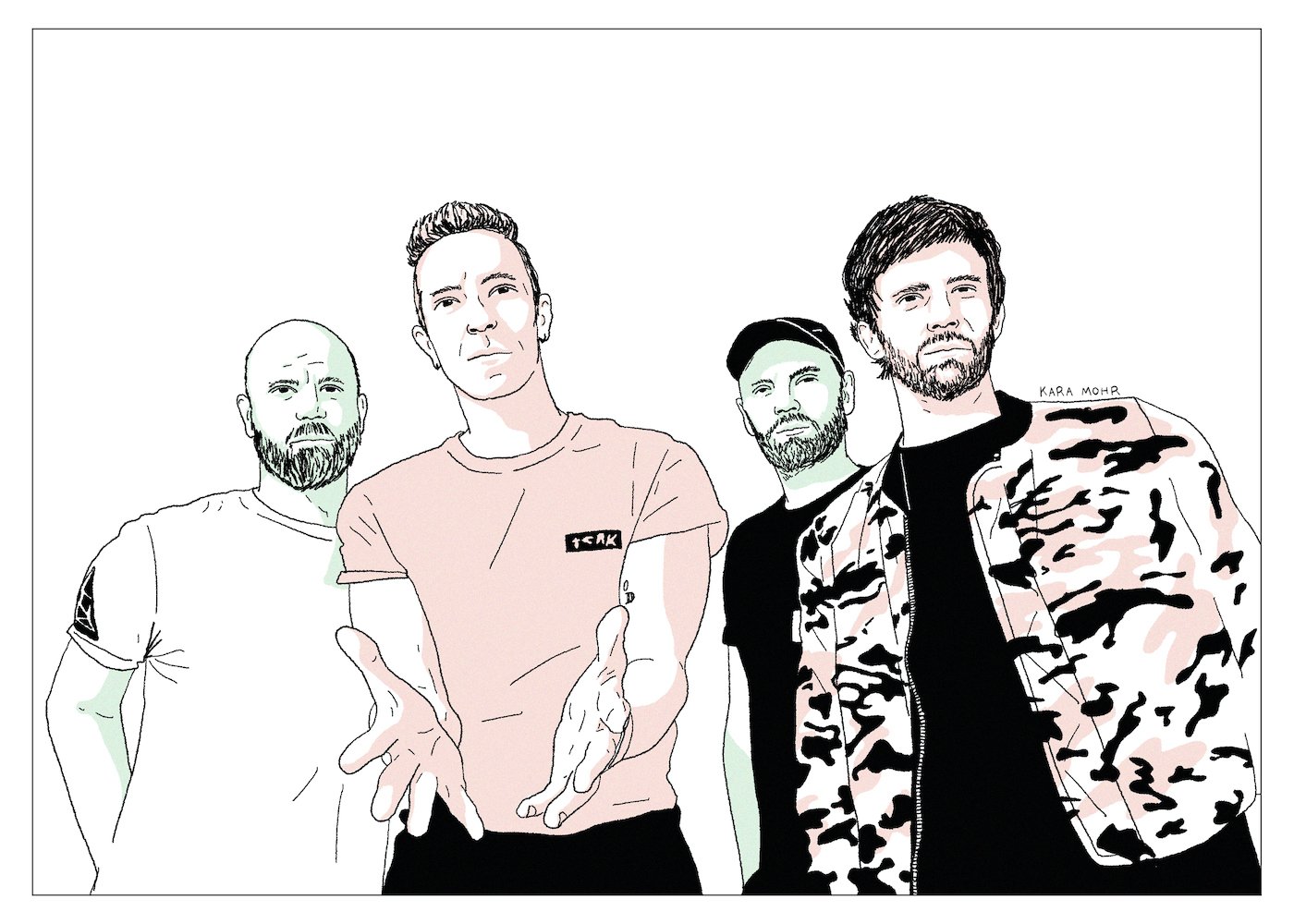
Coldplay “Music of the Spheres”
And that was the thing about Coldplay — they were fine. Extremely so. But, also, just so — fine. Their bug — a complete lack of tension — had become their undeniable feature. Even in divorce, Chris Martin managed to avoid friction, co-describing his split from Gwyneth not as a divorce or a break-up, but as a “conscious uncoupling.” However, where their consistency was once considered a strength, in time people began to whisper about their boring sameness. At the height of their ascent, Martin had quipped that Coldplay needed to focus on getting better, not bigger. By the second decade of the twentieth century, however, they were neither better nor bigger. They were more hovering blimp than soaring rocketship.
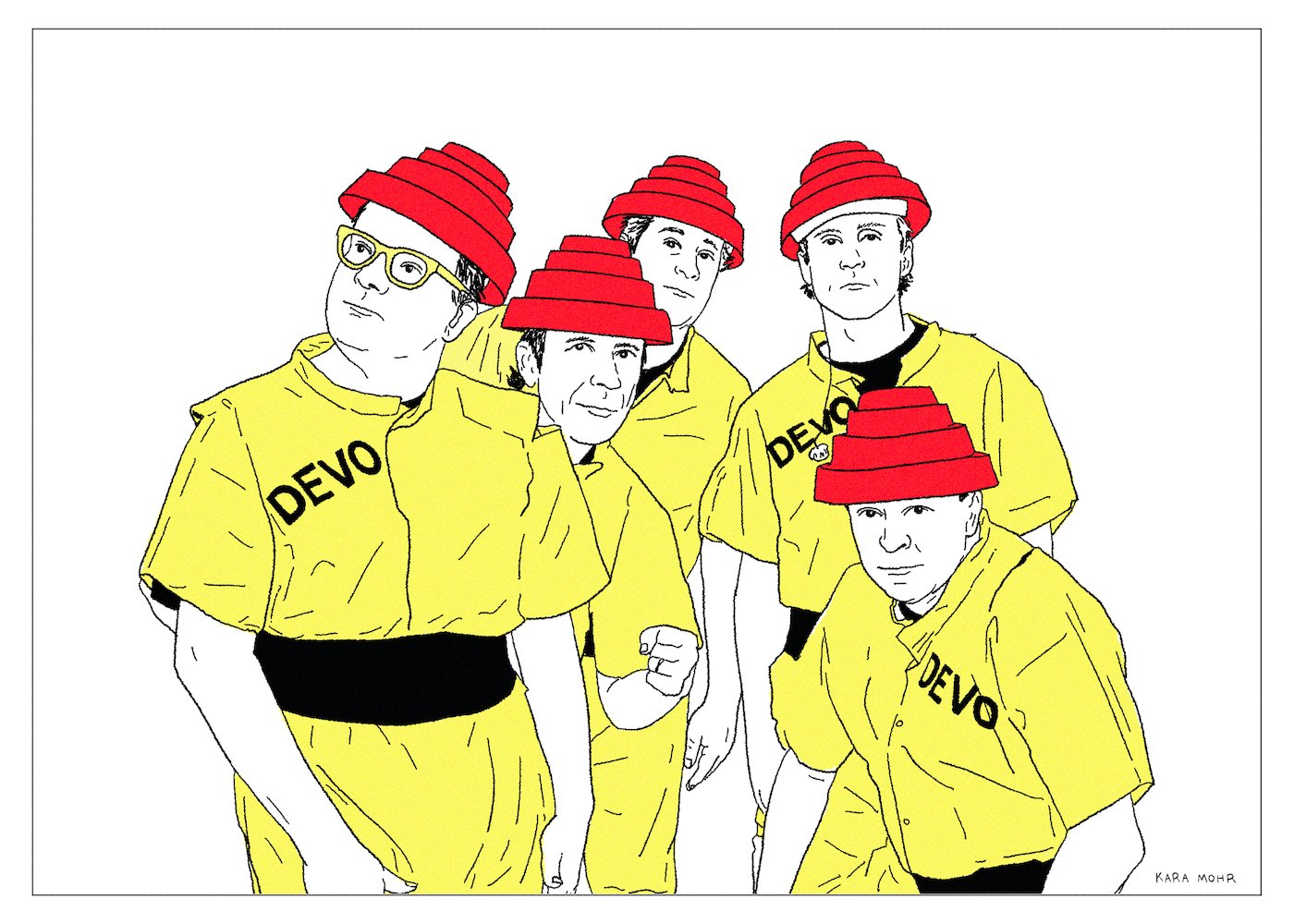
Devo “Smooth Noodle Maps”
Shortly after Mark Mothersbaugh scored “Revenge of the Nerds II: Nerds in Paradise,” but long before he worked on “Rushmore,” Devo was in flux. Dropped from Warner Brothers, they signed to Enigma Records, a label that specialized in crossover Metal, first rate, second wave Punk and just barely mainstream Art Rock. On paper, it seemed like a perfect fit. Unfortunately for both parties, “Total Devo,” from 1988, arrived with a thud and a sigh. If their Enigma debut anticipated the band’s break-up, though, “Smooth Noodle Maps,” from 1990, sealed it. The first Devo album not to chart in any English speaking country was not so much a commercial or critical failure (though it was both of those things) as it was something that Devo had never, ever been accused of. It was boring.
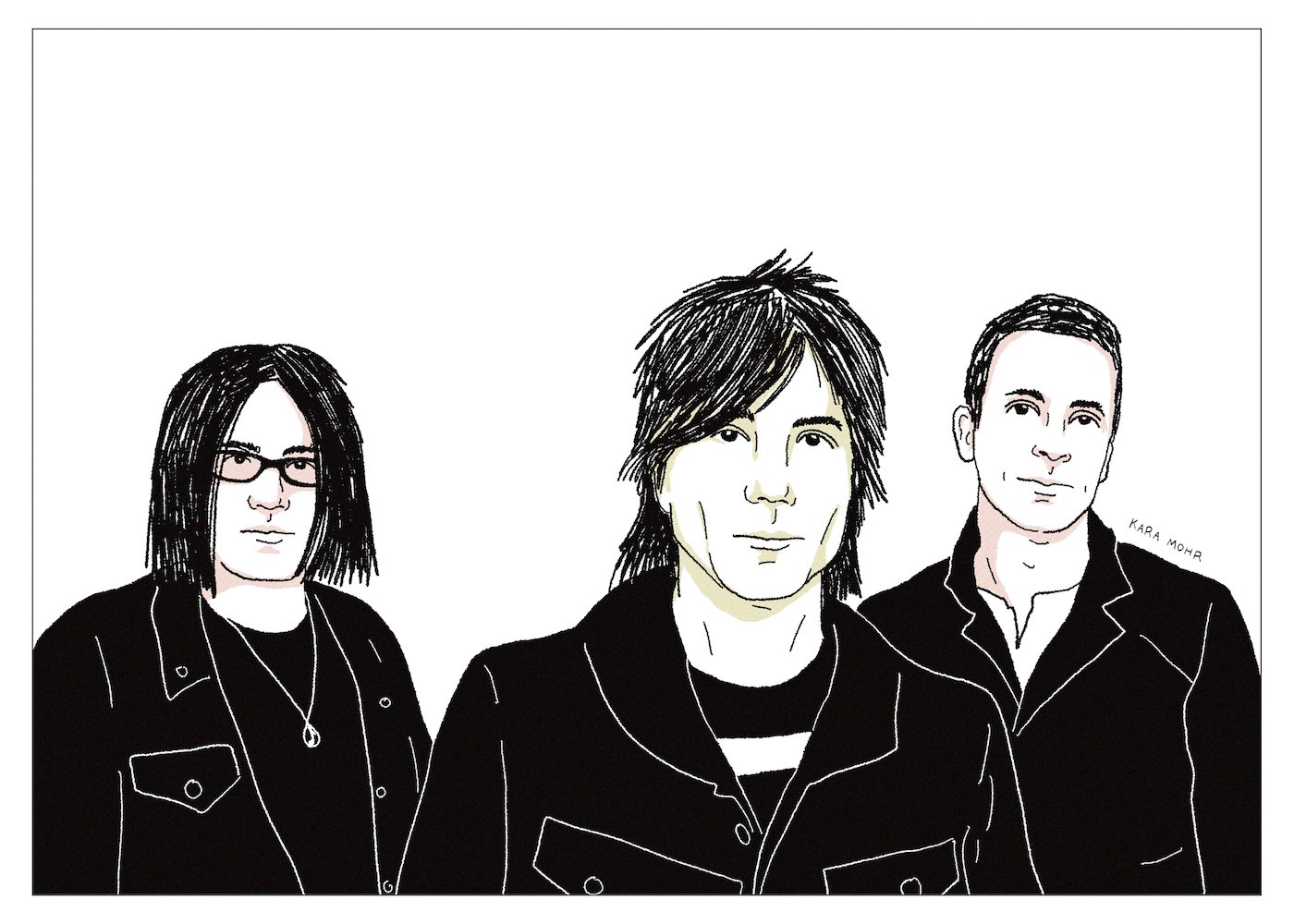
Goo Goo Dolls “Magnetic”
“Magnetic,” the Goo Goo Dolls’ tenth studio album, was a choice — less left, less right, more middle. The ballads inched closer to Coldplay. The rockers closer to Mumford & Sons. It was a direction the Goo Goo Dolls would stick with in the future, introducing tasteful whispers of contemporary Rock and Pop into their road tested formula. But it was never more than a whisper. And none of it seemed to matter much because their fate had been sealed many years before — frozen in amber along with the Clinton Lewinsky scandal, McGwire and Sosa’s home run chase and John Rzeznik’s blonde highlights. For two decades, they have signified “late Nineties Modern Rock that is in no way Alternative Rock.” They are the apotheosis of the form — the very best at it. And yet, in 2013, 2017 and 2020, they were destined to end up on a float in Manhattan for the Macy’s Thanksgiving Day Parade for the most obvious of reasons: November is pumpkin spice season.
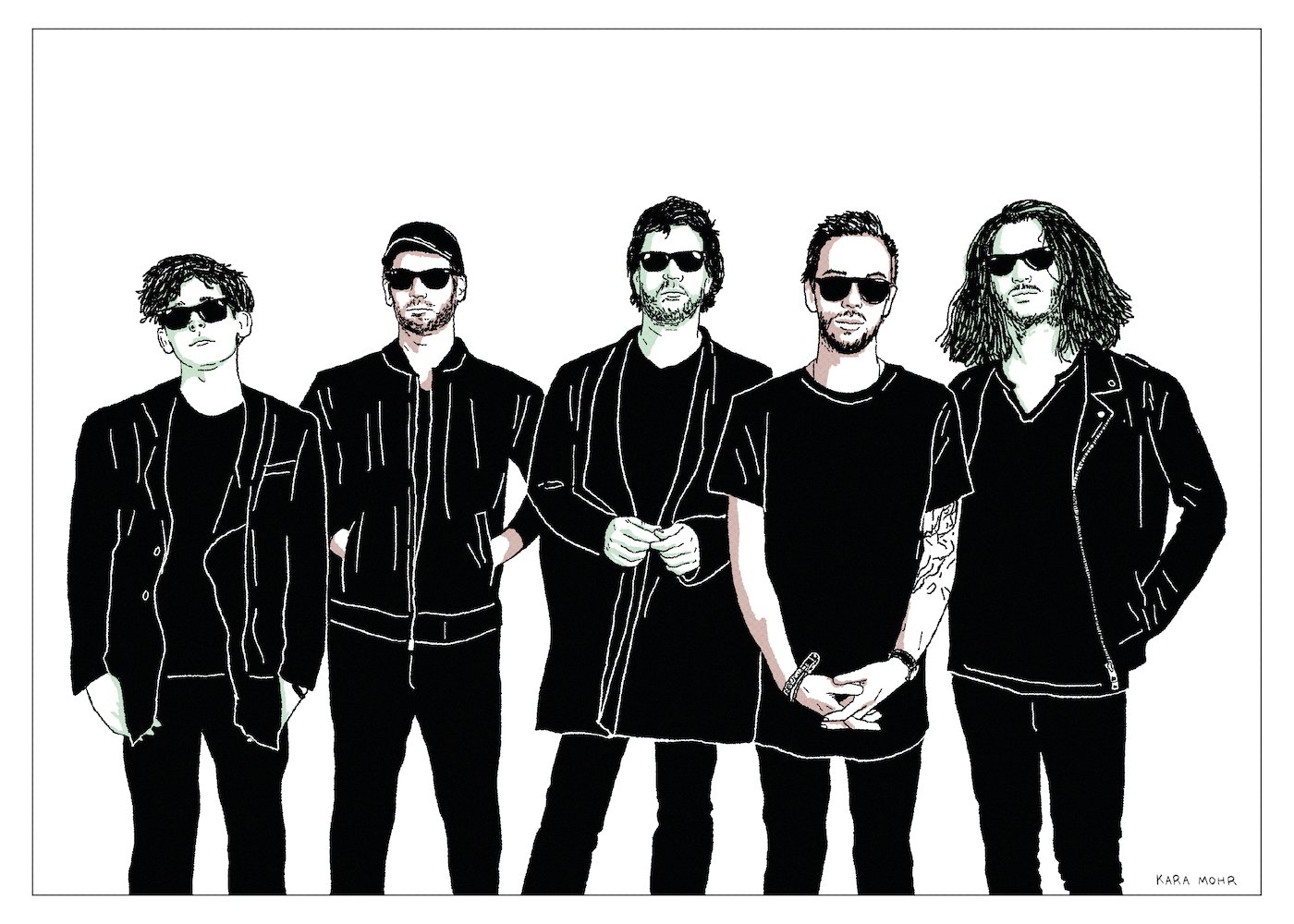
Third Eye Blind “Dopamine”
In his “60 Songs That Explain The 90s” podcast, right after the Sinéad O'Connor episode but before the Pavement one, Rob Harvilla tries to unpack the maddening, intoxicating mystery of “Semi-Charmed Life.” During the back half of the show, Harvilla is joined by Max Collins of Eve 6, and together the duo pierces the veil of Stephan Jenkins — Collins’ former tour-mate and nemesis. After some obligatory Jenkins-slagging the two conclude that, in spite of the singer’s limited vocal range, terrible pitch, decimated falsetto and borderline personality, “Semi-Charmed Life” works. In fact, it more than just works — it thrills. In fact, it thrills because of those defects. Through that lens, I began to reframe Jenkins not as a cad or a villain but as a fully realized talent. The Beatles were preternaturally gifted. The distance between their potential talent and actual talent was perhaps not so great. Jenkins, on the other hand, was a vain dick who could only barely sing, but who had a knack for making songs sound like hits and making narcissism sound universal. What if “I Wanna Hold Your Hand” wasn’t the miracle? What if “Semi-Charmed Life” was?
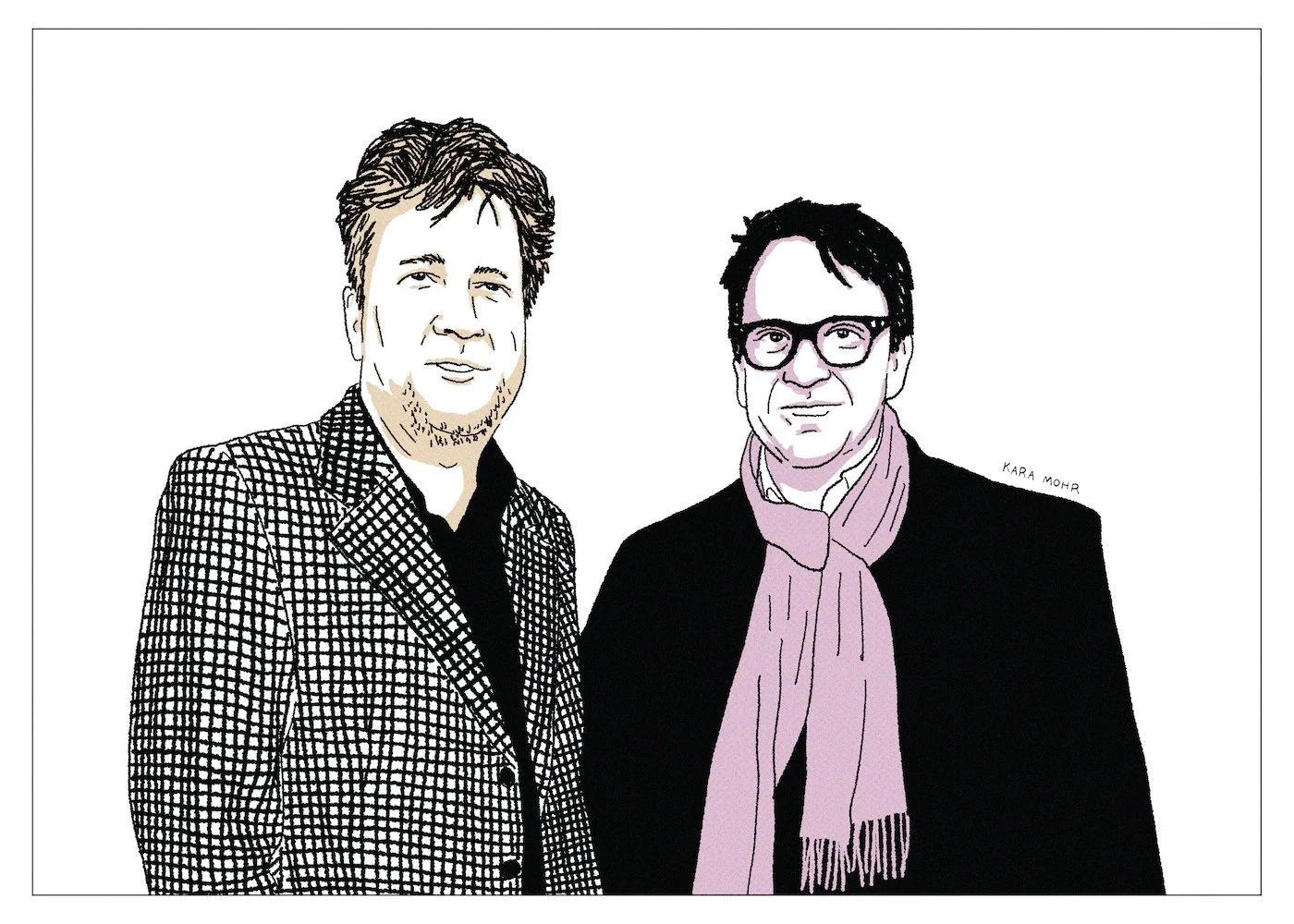
Squeeze “Cradle to the Grave”
Though early on they were compared to Lennon and McCartney, Glenn Tilbrook and Chris Difford were much closer to Elton John and Bernie Taupin. Tilbrook was a master tunesmith and Difford was an equally gifted wordsmith. For the most part, however, (and unlike Lennon/McCartney) they worked separately, fitting and refitting their own parts to the others’ material. Tilbrook, the more gregarious and intuitive one — he leaned towards the Beatles. Difford, more contained and cerebra, leaned towards Post-Punk. One man was blonde. The other brunette. They were childhood classmates, but, from the outset, and in spite of their shared interests, they were also a study in contrasts. During Squeeze’s first break-up, the two men actually made an album together, under their own names. After the second divorce, however, things got ugly. Jools Holland was gone, the hits dried up and Difford bottomed out. From the outside, it seemed certain that Squeeze was done. From the inside, it appeared even worse.
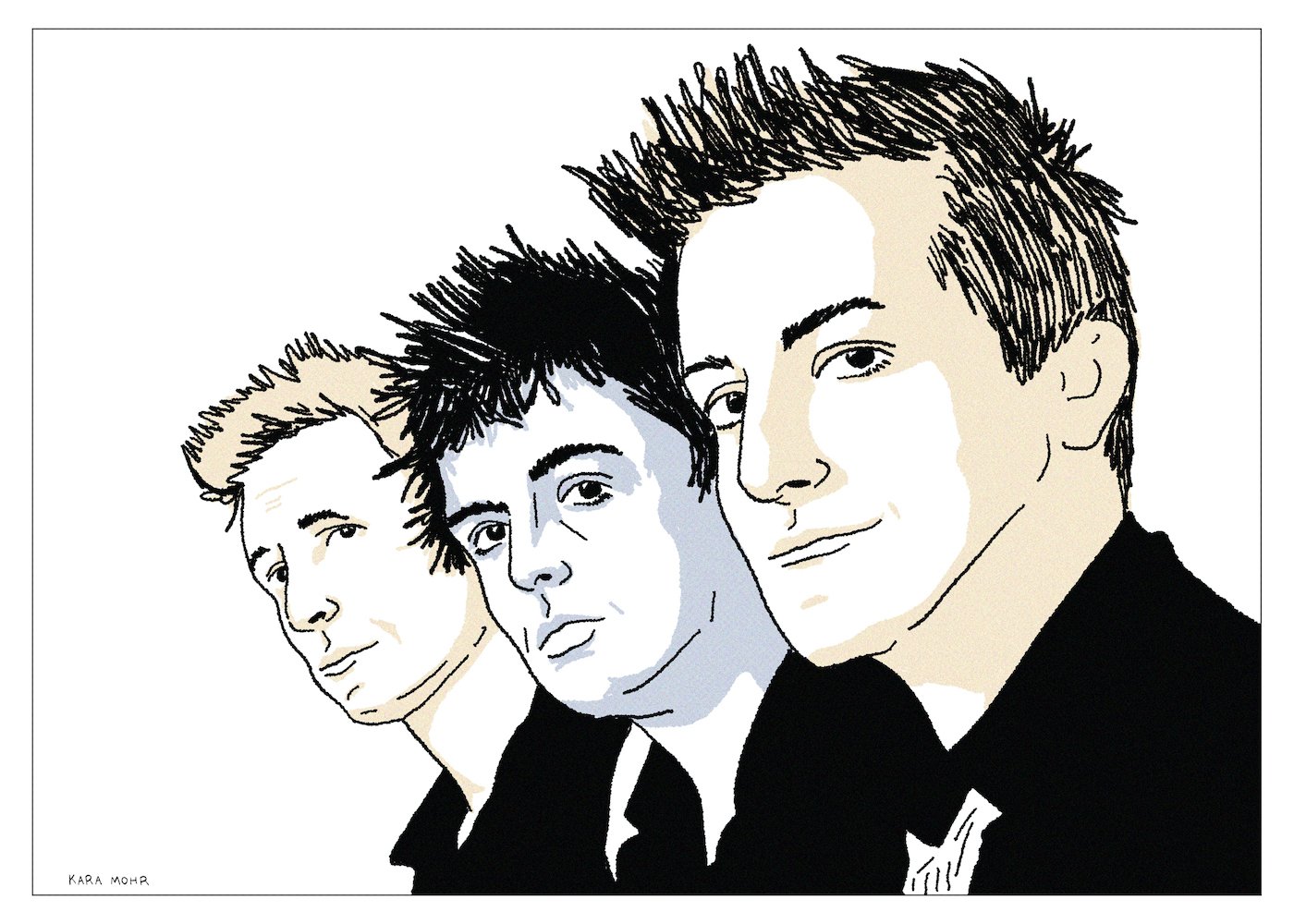
Green Day “Revolution Radio”
Twenty-two years after they first broke out with “Longview,” twelve years after they were the biggest Rock band in the world, eleven years after they inadvertently bankrupted Lookout! Records and four years after Billy Joe melted down onstage, Green Day was, once again, a band with uncertain prospects. And yet, their twelfth studio album was not a sharp turn or a step back or a leap forward. “Revolution Radio” was more a shoring up of lost ground — more like downside protection. All three members of the band were well into their forties by the time of the record’s release, meaning that the snotty charms of their youth would not play the same. Self-loathing and fuck you's present much differently in middle-aged millionaires than they do in twenty year olds. And so, in the year that Donald Trump was elected President and at a time when album sales were usurped by track steams, Green Day was in the unenviable position of having to question both their form and their function.
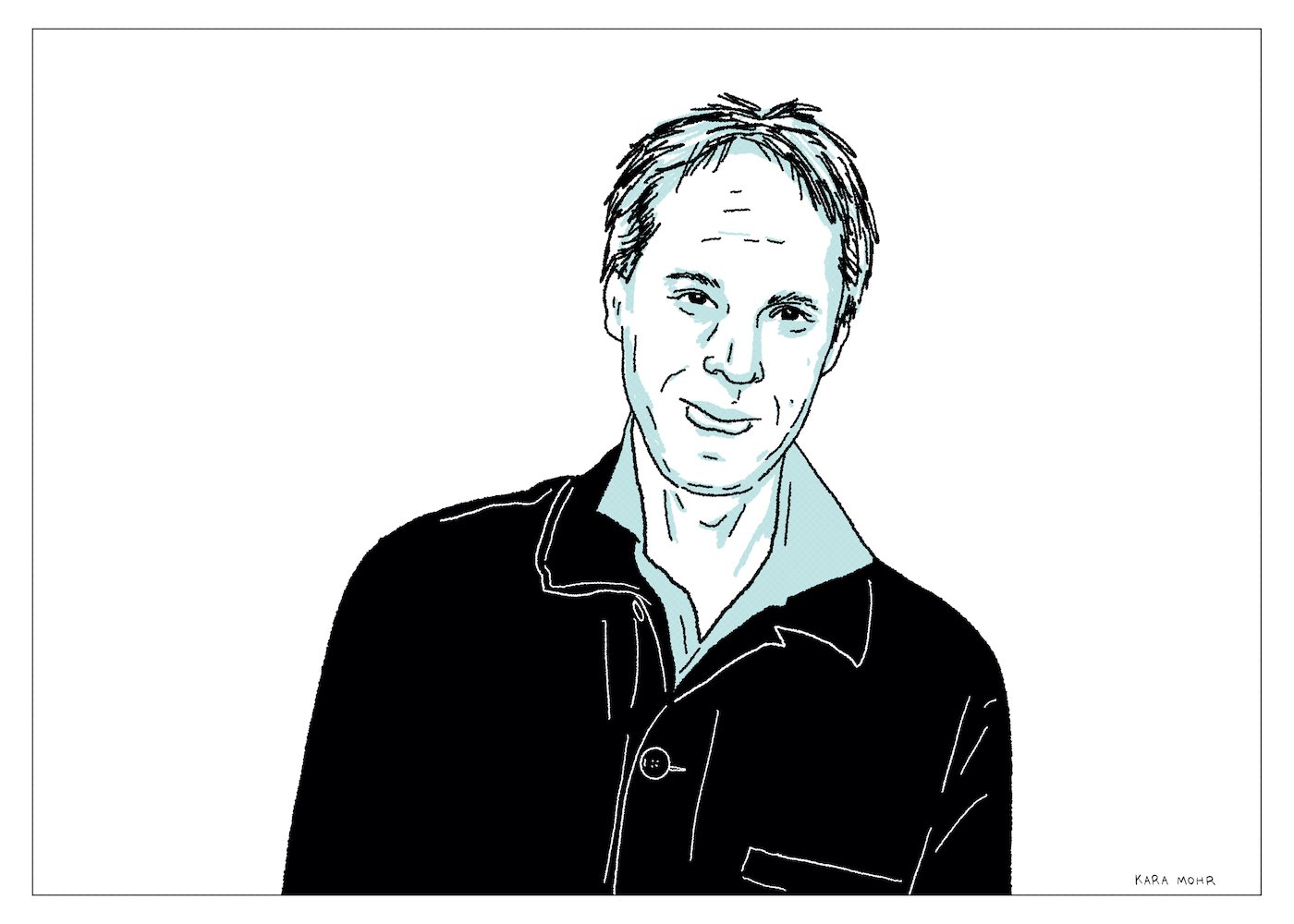
Tom Verlaine (1949-2023)
Of all of the many wonderful things said about Tom Verlaine this past week, the most moving words came, unsurprisingly, from Patti Smith. Her eulogy for The New Yorker, entitled “He Was Tom Verlaine,” was typically elegiac, like a series of black and white photographs narrated with poetic beats and prosaic secrets. Amid the generous obituaries and Twitter tributes — written mostly by strangers — Patti’s essay was so unusually revealing, not because she was betraying any confidences, but rather, because prior to this week, and despite the fact that I spent decades enamored of him, I knew so little about Tom Verlaine. He was not a recluse like Jeff Mangum or an outsider like Syd Barrett or Roky Erickson. But it seemed that, ever since “Marquee Moon” changed everything — and nothing at all — Verlaine was slowly, silently walking in the opposite direction from everything that fans (like me) most wanted from him. His entire career — seemingly confirmed by Patti Smith herself — is a reminder that love is so much more about what we don’t know than what we know for sure.
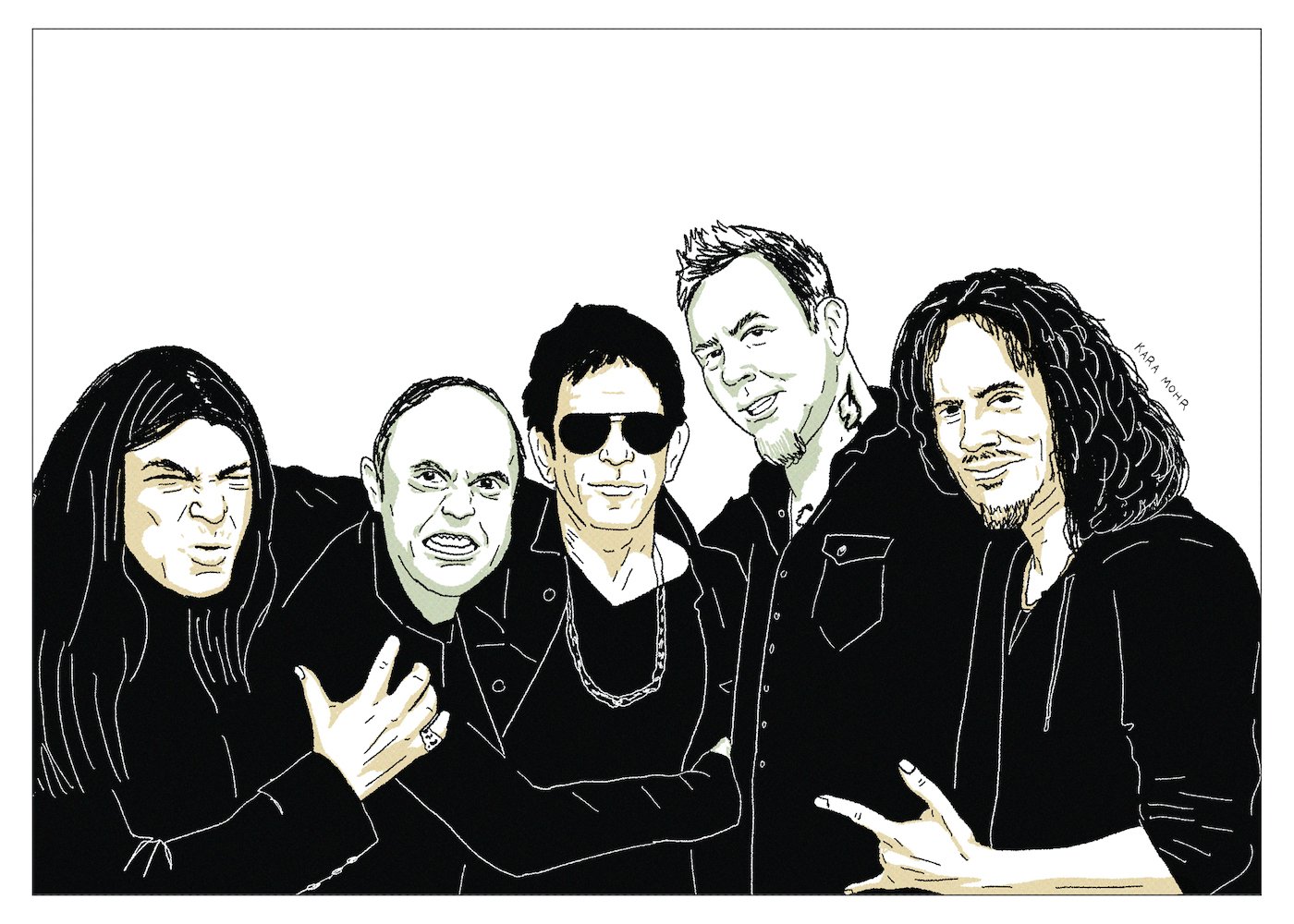
Lou Reed and Metallica “Lulu”
Given how few people have actually heard the album, and how few of those people are interested in anything beyond the stars involved, the volume of “Lulu studies” is staggering. But the divergence of the various theses is so bold as to suggest that either (a) people are listening to different albums or (b) nobody knows anything. There is, of course, overlap in the various perspectives — but less than I would have assumed. Many simply believe that “Lulu” is a historic failure — a bloated pretentious hour and a half of noise and nonsense. There are others who view it as an act of artistic bravery from two legendary artists, committed to a vision and unconcerned with failure. And, finally, there are those who believe that “Lulu” is misunderstood. Nowhere among the three points of view, however, can you find a faction who boldly proclaims: “Lulu is awesome.”
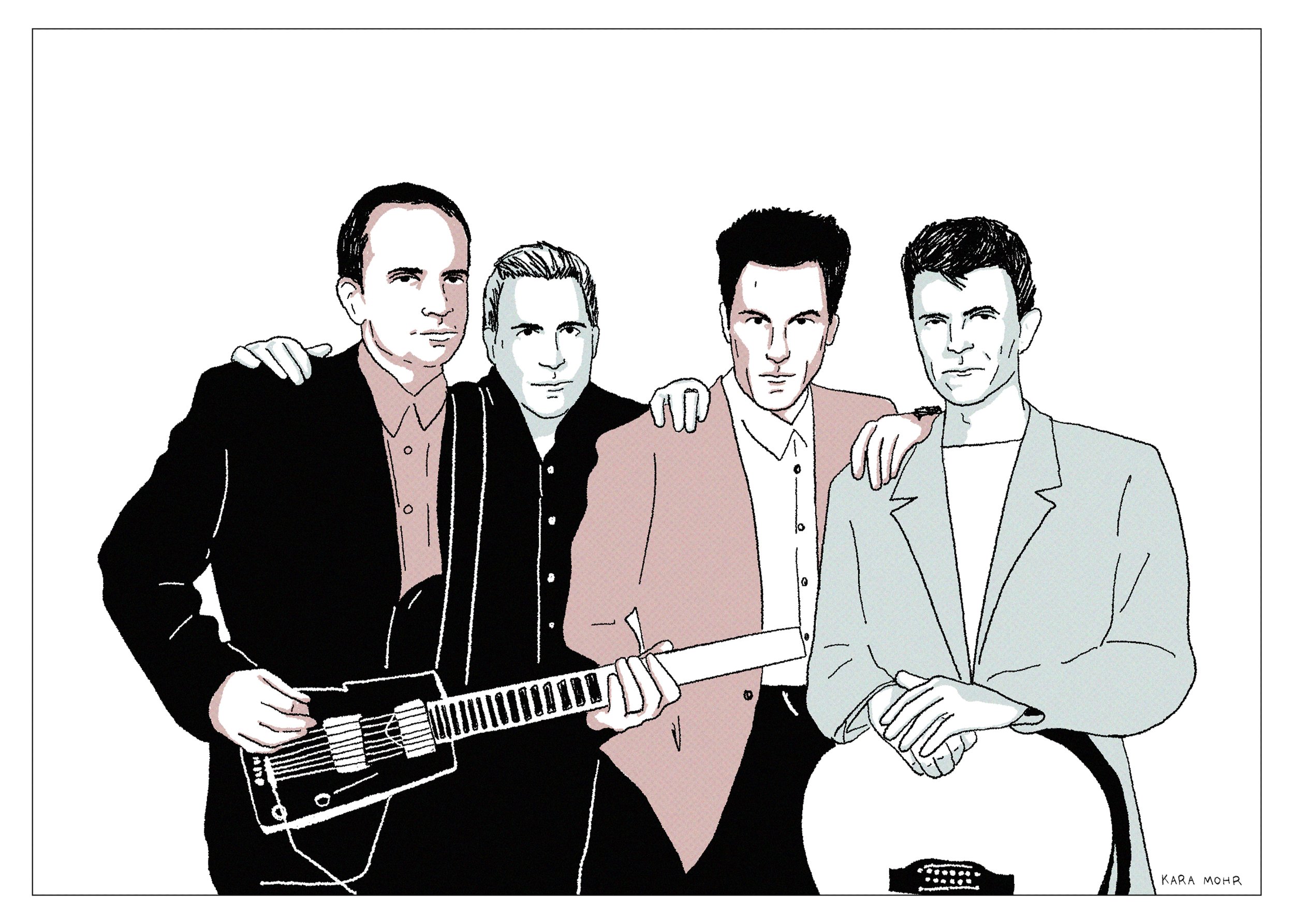
Tin Machine “Tin Machine II”
By the late Eighties, there were no fresh blood for David Bowie — the greatest vampire in Rock and Roll — to suck. The top Rock radio songs of 1988 included Henry Lee Summer’s “I Wish I Had a Girl” (what? who?), Bruce Hornsby and the Range’s “Valley Road” (rocks so light) and Tommy Conwell & The Young Rumblers’ “I’m Not Your Man” (not a typo, I checked). After two consecutive duds, Bowie was desperate for inspiration, but the pickings were slim. And so, he did what desperate people do. He found the nearest available guy and went all in. No research. No courtship. He just needed a guy with a beating heart, pumping blood and some capacity to make music. But mostly, he someone who could be a willing host to a brilliant parasite. Reeves Gabrels was that new host. And, in spite of his regal sounding name, he was truly just a guy — a guy from Staten Island, New York, who happened to be married to David Bowie’s tour publicist. One day, Gabrels was playing steel guitar in Rhode Island for a band called Rubber Rodeo. A year later, he was the cofounder of Tin Machine.
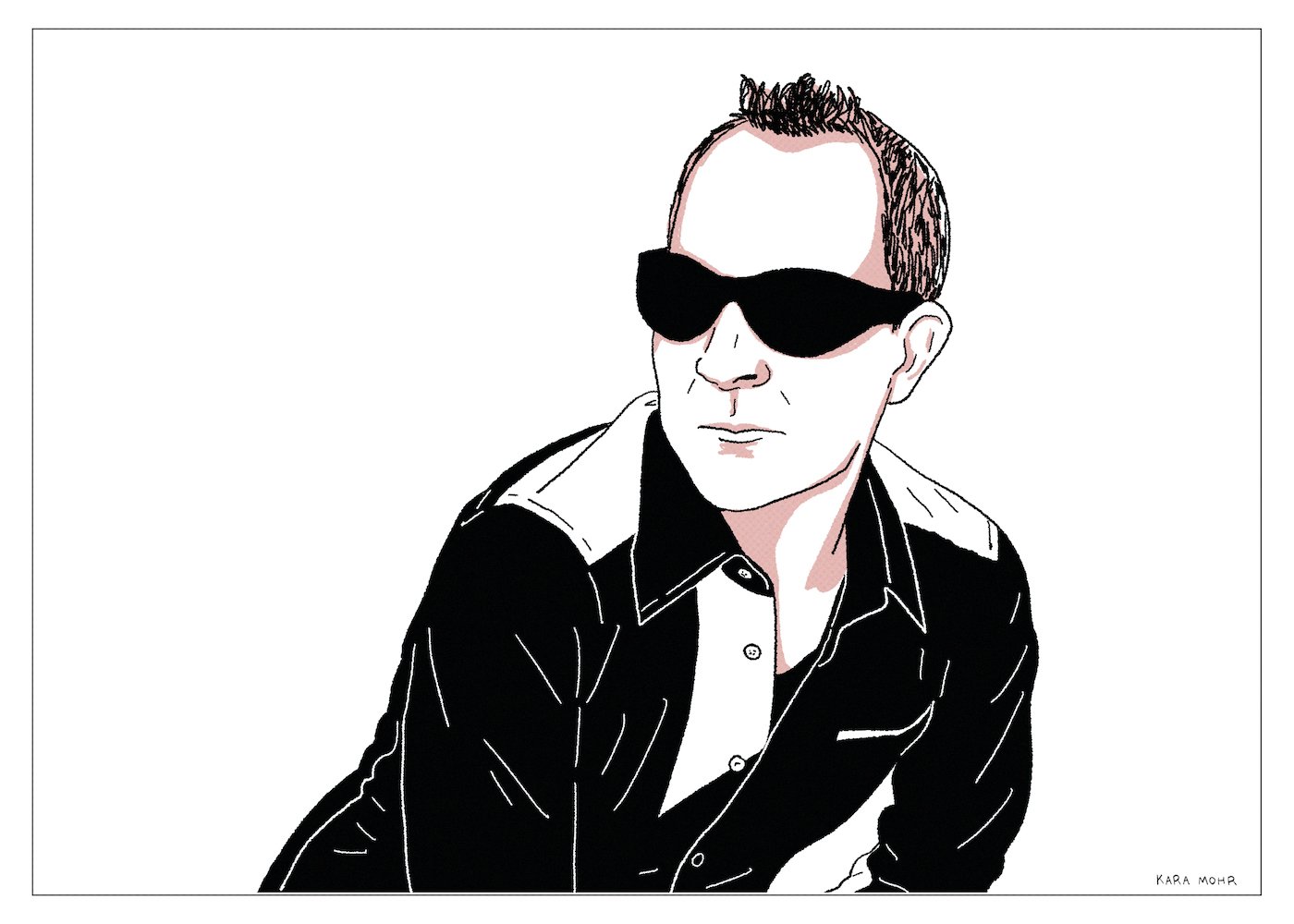
Fred Schneider “Just Fred”
Fred Schneider was an unlikely frontman. For one thing, he either could not or would not sing. Similarly, he seemed more interested in John Waters than in John Lydon. Fred never dreamed of making the next “Like a Rolling Stone.” He wanted to make the next “Monster Mash.” And so he spent over a decade, from “Rock Lobster” through “Love Shack,” blurring the lines between novelty Pop and artsy Rock. But, in 1996, at the very height of Alt, Fred Schneider reemerged as a solo act. During a time wherein “Alternative culture” had become overly serious, it was revealed that “Just Fred” was produced by Steve Albini and featured a cast of stalwart Indie Rock veterans as the backing band. On the surface, it sounded all wrong. No keyboards. No Kate Pierson or Cindy Wilson. No party. It seemed contrarian and willfully provocative, like hearing that sweet, adorable Alyssa Milano — Sam from “Who’s The Boss” — was making a turn into adult, erotic thrillers. But, in the same way that I definitely checked out “Poison Ivy 2,” I was not not curious about “Just Fred.”
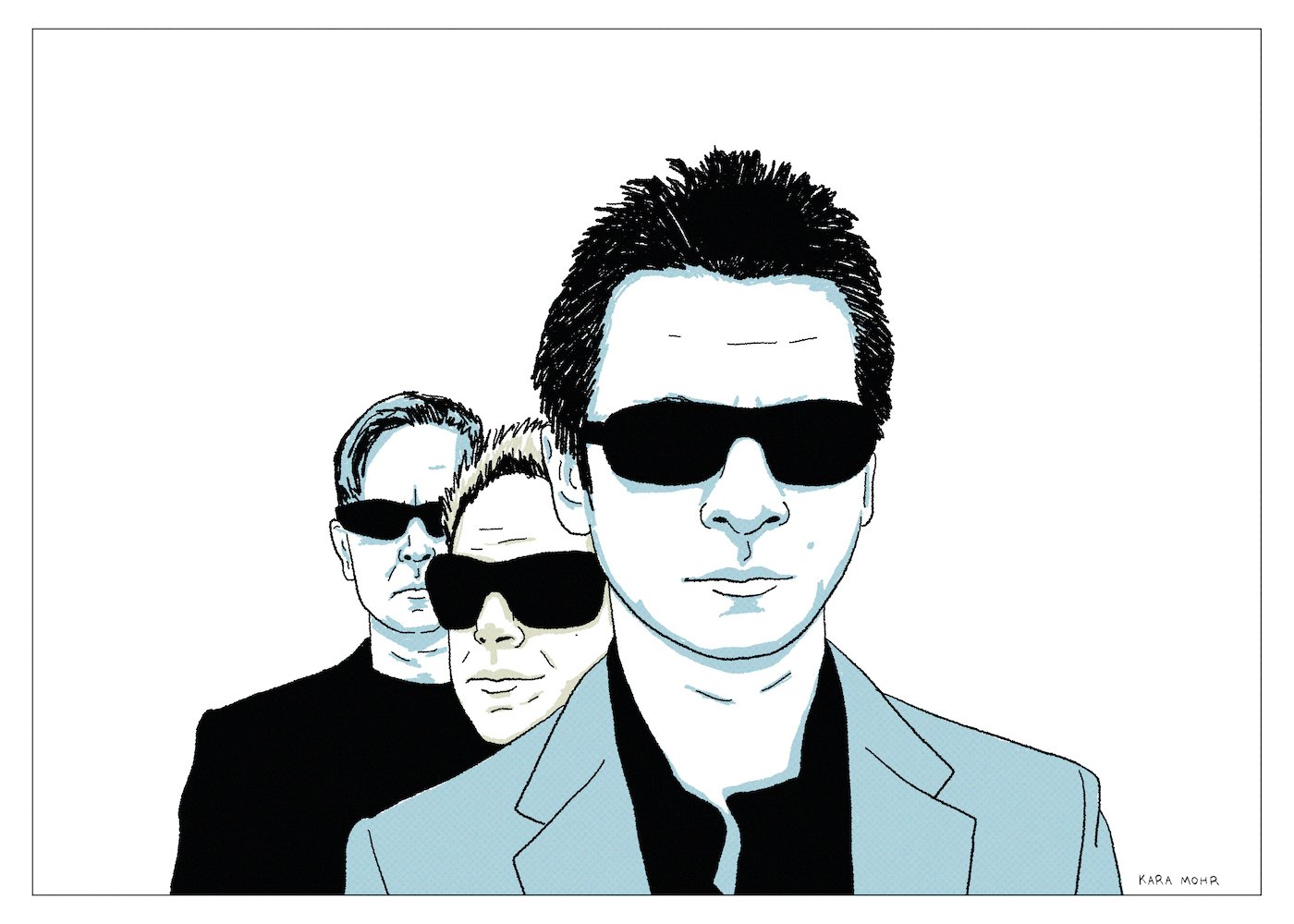
Depeche Mode “Playing the Angel”
By 1990, having graduated from new wave romantics to industrial futurists to “goth cowboy junkies,” Depeche Mode had inexplicably managed to conquer the world. And though they were churning — even rotting — on the inside, “Violator,” from that year, was inarguably their commercial and creative peak. It was also very nearly the death of the band. During the 90s, Gahan sunk deeper into heroin addiction, Gore was literally seized by alcoholism and Fletcher suffered crippling anxiety. The downward spiral continued until 2005, when Gahan, newly sober, and Gore, not sober and soon to be divorced, retreated with Fletcher to Gore’s home studio in Santa Barbara. The resulting album, “Playing the Angel,” was a deceleration and introversion following decades of the opposite. And while it was mostly a beloved album, it was not “peak Depeche Mode.” It’s a downing of the ante. It was also a minor miracle, recorded at the moment when the un-killable band suddenly seemed all too mortal.

Cheap Trick “Cheap Trick”
The idea of a “return to form” is nothing new. Neil Young’s “Freedom” was his “return to form.” So was Clapton’s “Journeyman.” Dylan has probably “returned to form” half a dozen times in his career. The implication is the same: that some beloved, aging artist who had lost their way was finally making great music again -- music that confirmed their original brilliance. In 1997, ahead of their thirteenth studio album, writers and publicists were insisting that Cheap Trick’s latest was a return to form. Fans came out from the woodwork. Nirvana and Smashing Pumpkins and Weezer portended the event. Cheap Trick had found their way back. The band that Mike Damone and millions of Japanese teenagers once loved was coming back to get their due. But for a group whose success was so fast and so fleeting, and whose last hit was a hairy, ten year old power ballad, it was fair to wonder: what form were they returning to, exactly?
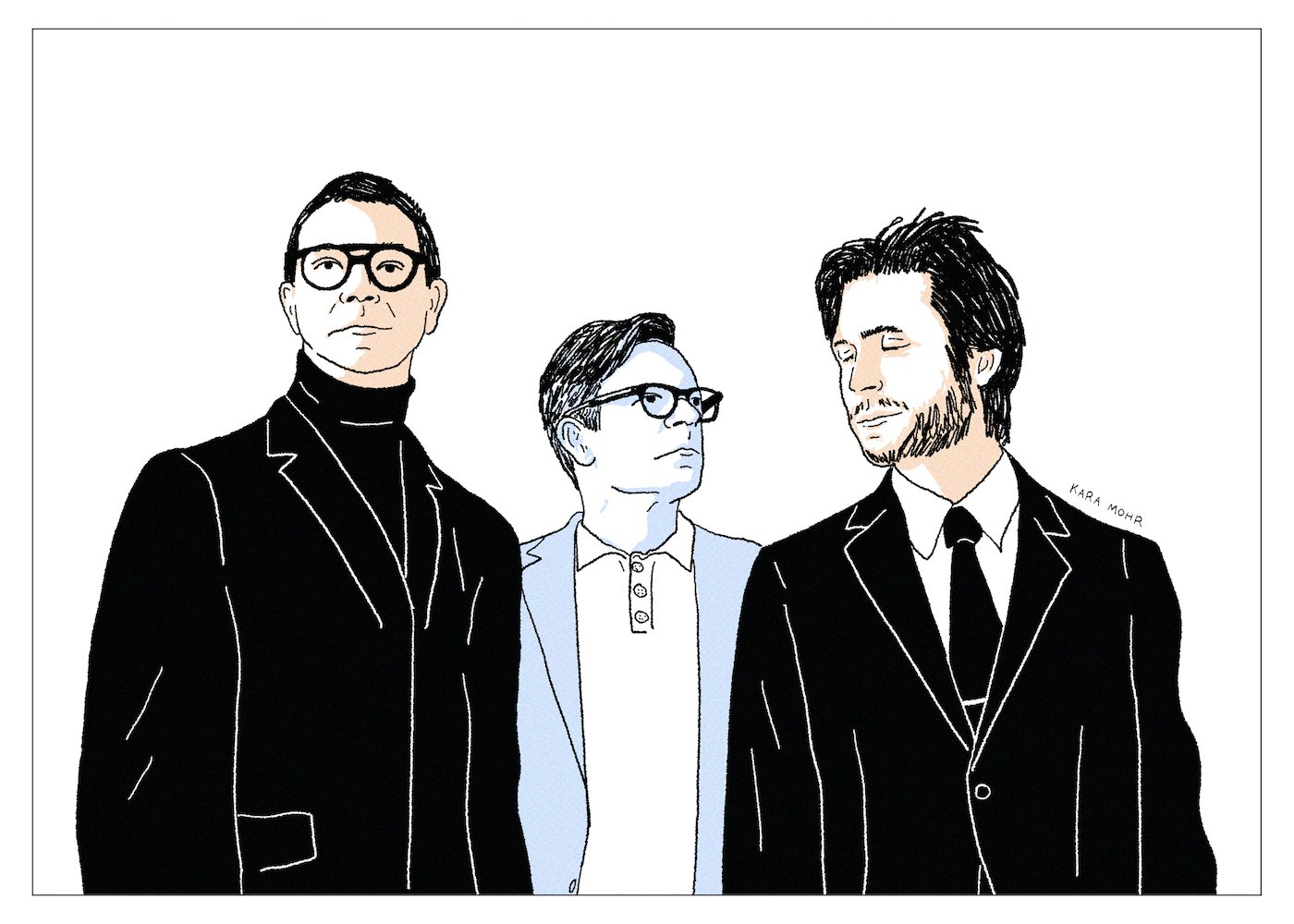
Interpol “The Other Side of Make-Believe”
Whereas most of those Williamsburg by way of Lower East Side bands of the early Aughts balanced post-collegiate pretense with drunken dude-ness, Interpol appeared to be all pretense. The suits. The black on black. The Factory Records of it all. Even before I heard a single note of their music, I was confused as to whether they were satire, or postmodern commentary, or totally earnest, or something I’d never encountered before. Eventually, though, I figured out that the Carlos and the Daniel and the Paul and the Sam I’d seen about town were identical to the ones who were on stage at Mercury Lounge. These were not actors. Those were not costumes. They were maybe not even uniforms. They were skins. And yet, back in 2002, every fiber in me was expecting the truth to eventually be revealed. The other black leather boot had to drop some day. No matter how great their debut album was. No matter how great their follow-up was. No matter how enduring the act, I was convinced that they’d trip up and be revealed as something fraudulent. Twenty years after “Turn on the Bright Lights,” though, I stopped waiting for the backlash.
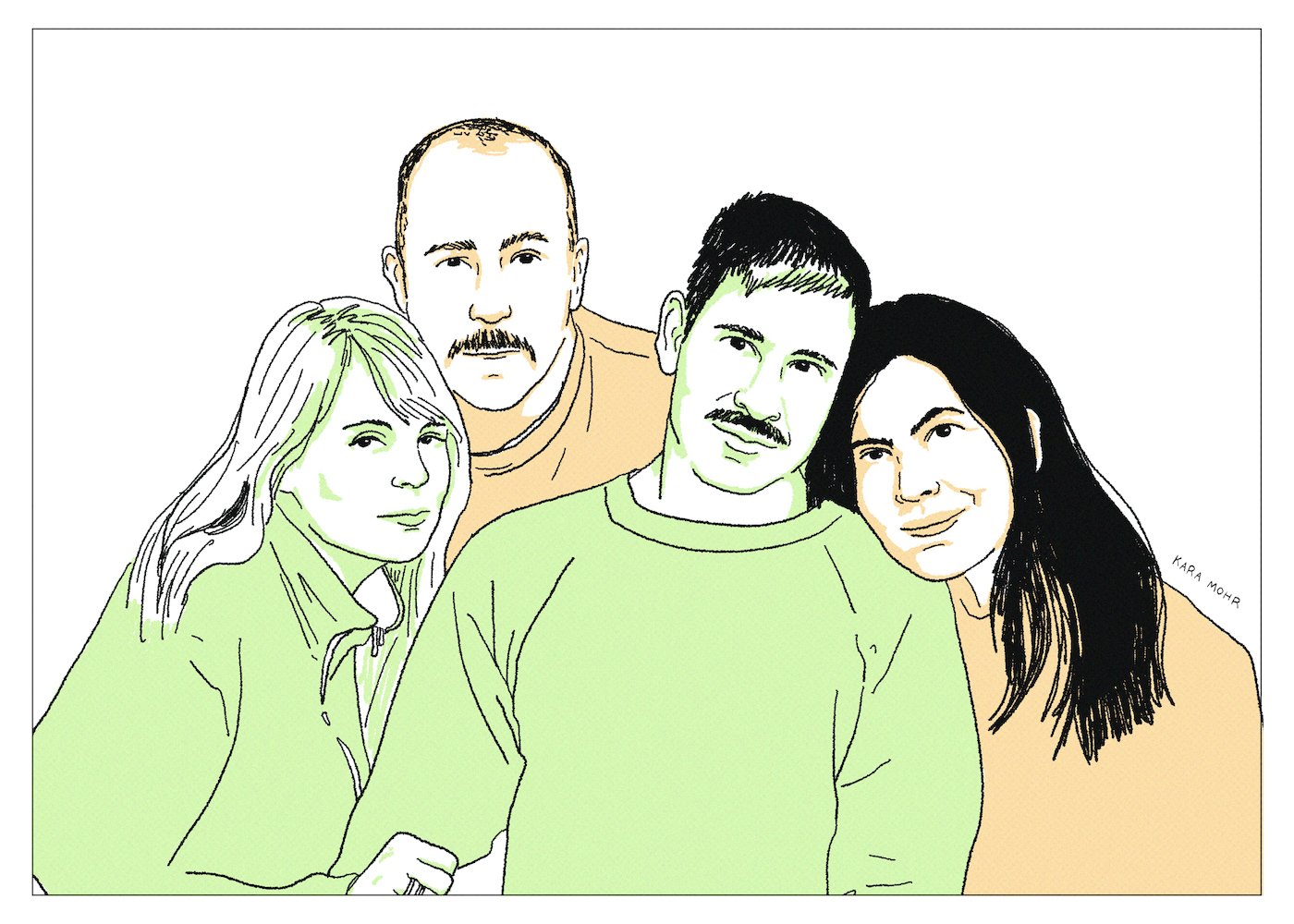
Imperial Teen “Feel the Sound”
By any reasonable standard, they never should have survived. All of those nineties “Buzz Bin” bands are gone. Fastball. Gone. Harvey Danger. Gone. Semisonic. Technically not gone but also gone. Marcy Playground. Either buried deep or gone. But Imperial Teen — the gender equitable, semi-queer group, who that sounded like ABBA if they’d swallowed The Pixies and who had that guy from Faith No More — kept going. Even after their first can’t miss single somehow missed. Even after they moved away and got other jobs and had kids. Even after their record sales dwindled. Even then, they’d get back together and make near perfect records full of bratty swagger, three part harmonies and hooks for miles. They’re the secretly Pop band who refused to get popular but also the Twee Indie act who never cowered. Which makes them a minor miracle.

Weezer “Weezer (White Album)”
Whatever twentieth century Weezer suggested, twenty-first century Weezer signified something else. According to their critics, each successive model of the band represented another victory for irony over vulnerability; a validation of generic Pop Punk and the commodification of Emo. They meant that Blink 182 and Sum 41 and Fallout Boy were the winners. Worse still, it seemed like Rivers Cuomo either embraced it all or just did not care. It was an unmistakable betrayal — like in “Revenge of the Nerds 3: The Next Generation,” when nerd-king Lewis Skolnick grew a ponytail and fraternized with the Alpha Betas. “Everything Will Be Alright in the End” (2014) was Weezer’s promise to be “good” again — a full-throated apology everything that happened after “Pinkerton.” But here’s the thing about promises: they are much easier to make than they are to keep.
